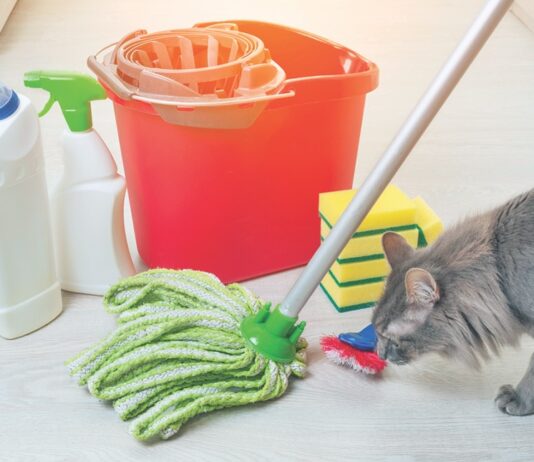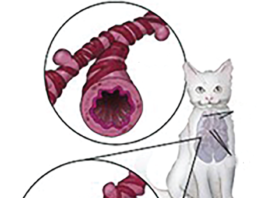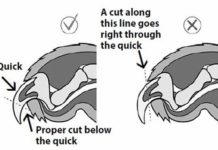Cats Hide Signs of Hip Dysplasia
A diagnosis of hip dysplasia might take you by surprise. Usually, a cat comes into the veterinarian because the owner notices that the cat is lame or sore, or less active than normal. Some cats with hip dysplasia will be consistently off in their gait, while other cats only show stiffness after a wild chase through the house.
Trim Those Nails
Many cats will wear down their nails with routine scratching (hopefully on an approved scratching post and not your furniture), but for others, were responsible for their pawdicures. You may need to keep your cats nails trimmed to lessen the damage from scratches or to make your cats affectionate kneading less painful. Cats who dont wear down their nails must be trimmed regularly to avoid the nails growing into the cats paw.
Paw Preference by Gender
A study from Queens University, Belfast, says cats exhibit clear paw preference, much as humans do. Researchers recruited 24 neutered male and 20 spayed female cats and asked the cat owners to collect data on which paw cats used when they stepped down the stairs or over objects, whether they slept on the left or right side of their body, and which paw the cat used to reach for food inside a three-tier food tower.
Five Tips for Using Therapeutic Diets
Get the most out of your cats pricey new food
Use Diet to Support Urinary
Nutrition plays a key role in your cats health, and his urinary tract is no exception. If your cat is diagnosed with a urinary-tract disorder, such as kidney disease, feline idiopathic cystitis, bladder stones, or urinary-tract infections, your veterinarian may recommend switching to a urinary diet to help manage the condition and help prevent further problems. But there are many more factors that influence urinary health that you can monitor.
Urinary Problems: Herbs Are Not the Answer
A study in the Journal of Feline Medicine and Surgery looked at using Chinese herbs to treat cats with urinary-tract problems. As we wrote in our September 2017 issue (go to catwatchnewsletter.com archives to read the article), lower urinary-tract problems are common in cats. The cause might be infection, crystal formations, or may be without known cause-the infamous idiopathic cystitis.
Stem Cells for Feline Asthma Woes
Stem-cell injections are common in veterinary medicine, but mostly for joint and lameness problems in dogs and horses. A pilot study in the Journal of Feline Medicine and Surgery may change things for cats with asthma.
Are Essential Oils Safe for Your Cat?
The growing popularity of essential oils for health, ambiance, and behavior modification has led to real feline-safety concerns. The problem is that cats have a unique set up for enzymatically metabolizing many compounds in their liver, so something safe to use around dogs and humans may still be toxic to your cat.
Treatment Option for Feline Oral Squamous Cell Carcinomas
A new treatment called microbrachytherapy, which is used to treat inoperable feline oral squamous cell carcinomas, may be gaining momentum, according to a recent study published in Veterinary and Comparative Oncology.
Neurologic Symptoms Need Immediate Veterinary Care
When your cat develops a problem that might be neurologic, get her right to your veterinarian. Theres no time to waste.
When Ear Mites Strike
Ear mites are a common presenting complaint in small-animal practice, says Dr. William Miller, VMD, DACVD, Dermatology Chief at Cornell University. The disorder can affect both dogs and cats but is far more common in cats.
5 Things to Know About Cat Fights
Never reach in to try to separate the angry cats. Chances are youll get scratched or bitten, and the cats will just keep on fighting.

















